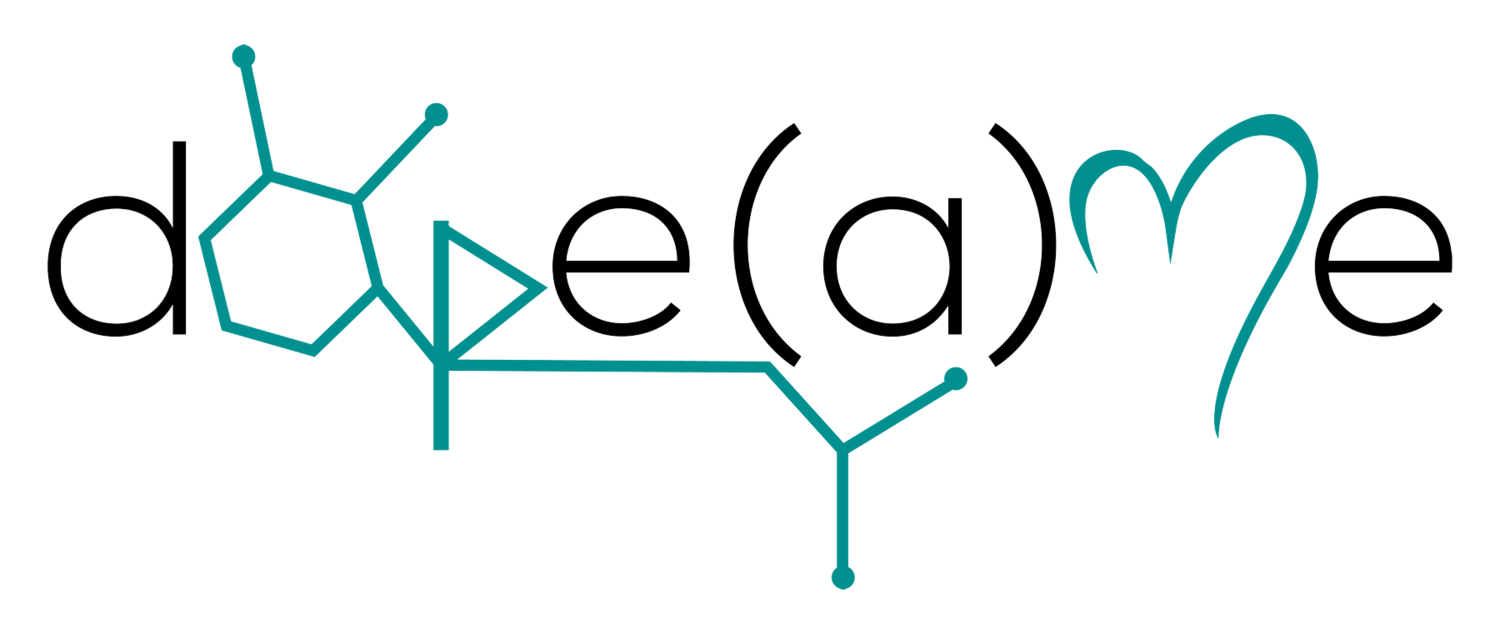Season three of my podcast began a couple of months ago, and this time around the majority of the episodes thus far have been a live recording on the Superseed yoga platform with my good friend Beth Davis. We host these live gatherings for anyone who wants to listen in as Beth and I unpack and tease apart a concept we are curious about, and then we open the discussion for anyone to contribute or ask questions. It has been an amazing experience so far.
Episode 1 was all about vulnerability. Below is part of the transcript from the episode, followed by a link to listen to the recording.
Marin: So, the first question that we want to pose together is, well, what is discernment? And how does it play a role in vulnerability? Discernment means good judgment. Right? So what is it to have good judgment when you are also practicing vulnerability?
And this one really speaks to me because I'm someone who loves vulnerability. And for a few years I thought vulnerability was just speaking whatever was on my mind, whatever felt like truth in the moment and it always felt really raw and powerful. And I had a few situations where I was approached after sharing something with the question of, “you know, do you think that was maybe too vulnerable?” And my first reaction to that was taking offense. “What do you mean? How can you say that? There's no such thing as being too vulnerable!”
And because I'm also a very curious person who loves to be in self inquiry, that question stuck with me for a long time. What does it mean to be too vulnerable? Like, what the hell does that even mean? And that took me into this conversation on discernment, and how that's an important part of vulnerability. And where that brought me to was understanding the difference between containment versus suppression.
I don't want to push something down or avoid it. But I also know that containing is really important. Some things are uncooked and processed or premature. And if they're spoken, before they've been processed for a little while, it can make the conversation a little bit more difficult. And so to me, discernment, with vulnerability is the process of slowing down. Making sure that when I feel something that is really raw, vulnerable, that I first meet it myself before speaking it out into the world. That I turn towards what I'm feeling and I make sure that I feel stable and I'm getting to know the layers and the depths of what it is moving through me before I voice it or express it.
Another piece of that, though, is recognizing that it's going to be imperfect. And you're going to make mistakes. And that's okay. But it's the process of just coming back and slowing down and meeting what's there. So that there's this inner stability, even in the raw sharing, or asking or expressing of any kind. It just reminds me of how when I've shared something really premature with someone, and I'm feeling unstable, well, now they're feeling unstable. And now it's too unstable people in a really difficult conversation. And again, that's okay. You'll find a way through it. But it can be a lot easier if you take the time to find the stability in yourself first.
So Beth, what comes up for you from that question?
Beth: I think there's a couple of things that popped out at me right away. One was you mentioning that it's not going to be perfect. And I have the complete opposite view. I believe everything is perfect. And perhaps it was perfect in the sense that it was just an opportunity for you to learn how to move forward next time more in alignment with something that feels good to you.
The second thing is, ease, you talked about how can I make this easier. And so anytime you're dealing with vulnerability, finding a way to cultivate more ease for yourself and by doing so, you will also do do for the other people around you.
And then the last thing, I think that the more that you work through consciously practicing being vulnerable, the better you become at having worked through creating ease, recognizing that the goal being to create safe space, not only for yourself but for the people around you. So I guess that would be in that stop, that pause, in that time that you take to breathe. The question being ‘how can I make this space safe for myself and this person in front of me?’
And then I'm not going to say it's a more perfect conversation. It's a different conversation that I think will feel better as you move to be more in alignment with who you truly are.
Marin: I love that you brought In safety. That's such an important part of it. When two people feel safe in a conversation, they can go a lot further into the unknowns together.
Beth: It's interesting that you started the conversation saying how fitting it is that we chose vulnerability as the first topic. We met a few minutes before you guys joined and I was like, ‘I feel so vulnerable!’ You know and that's perfect for us to be able to discuss that. And in that space between us meeting and you all joining us, Marin really cultivated safe space. So we did, we practiced a couple of breathing exercises, we connected to our heart, we read a couple of things. And we really got grounded inside of ourselves so that we could cultivate safe space for each other and then for all of you. Because the goal here is to lead a discussion that I hope opens up into a beautiful flower where some of you actually want to contribute to the conversation and perhaps broach being vulnerable with us.

